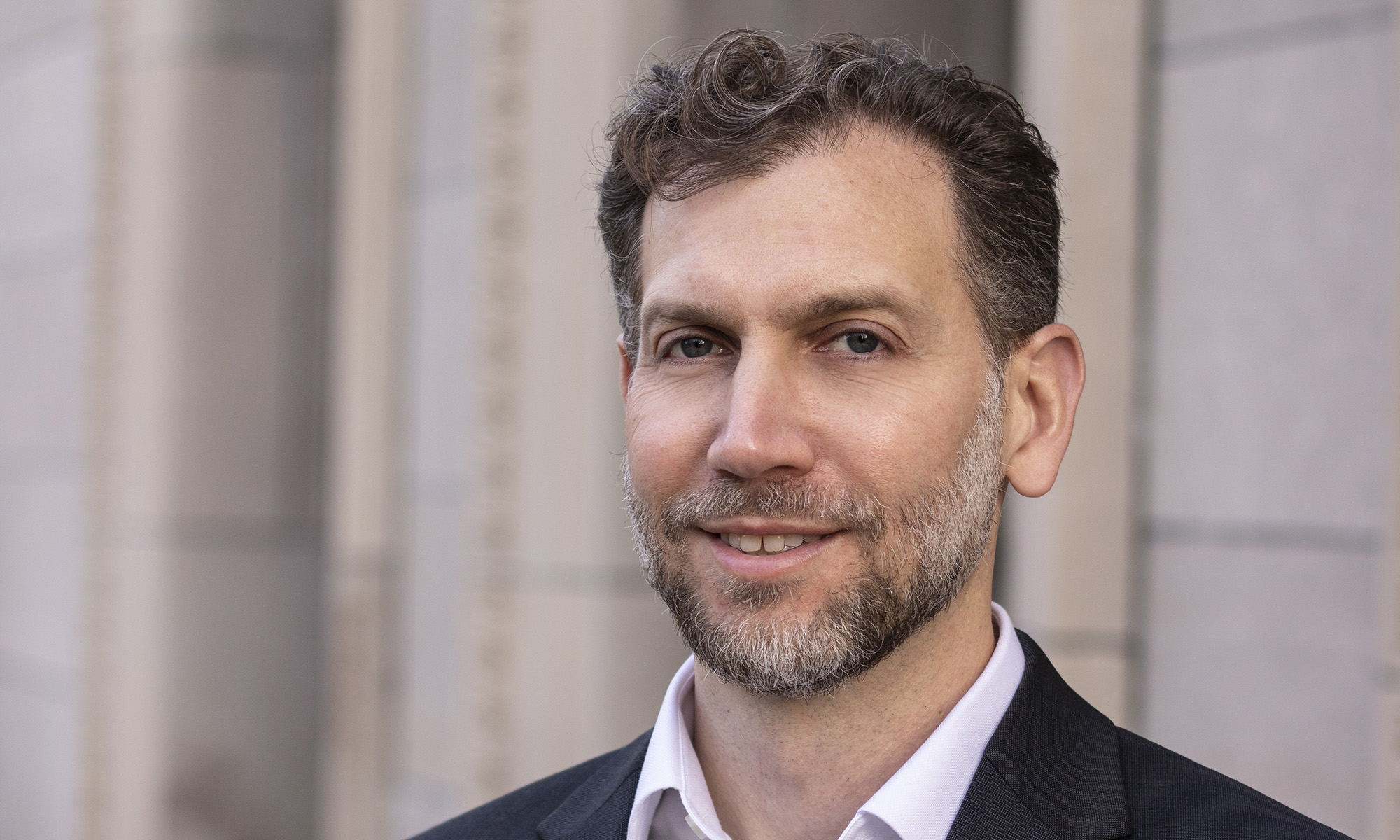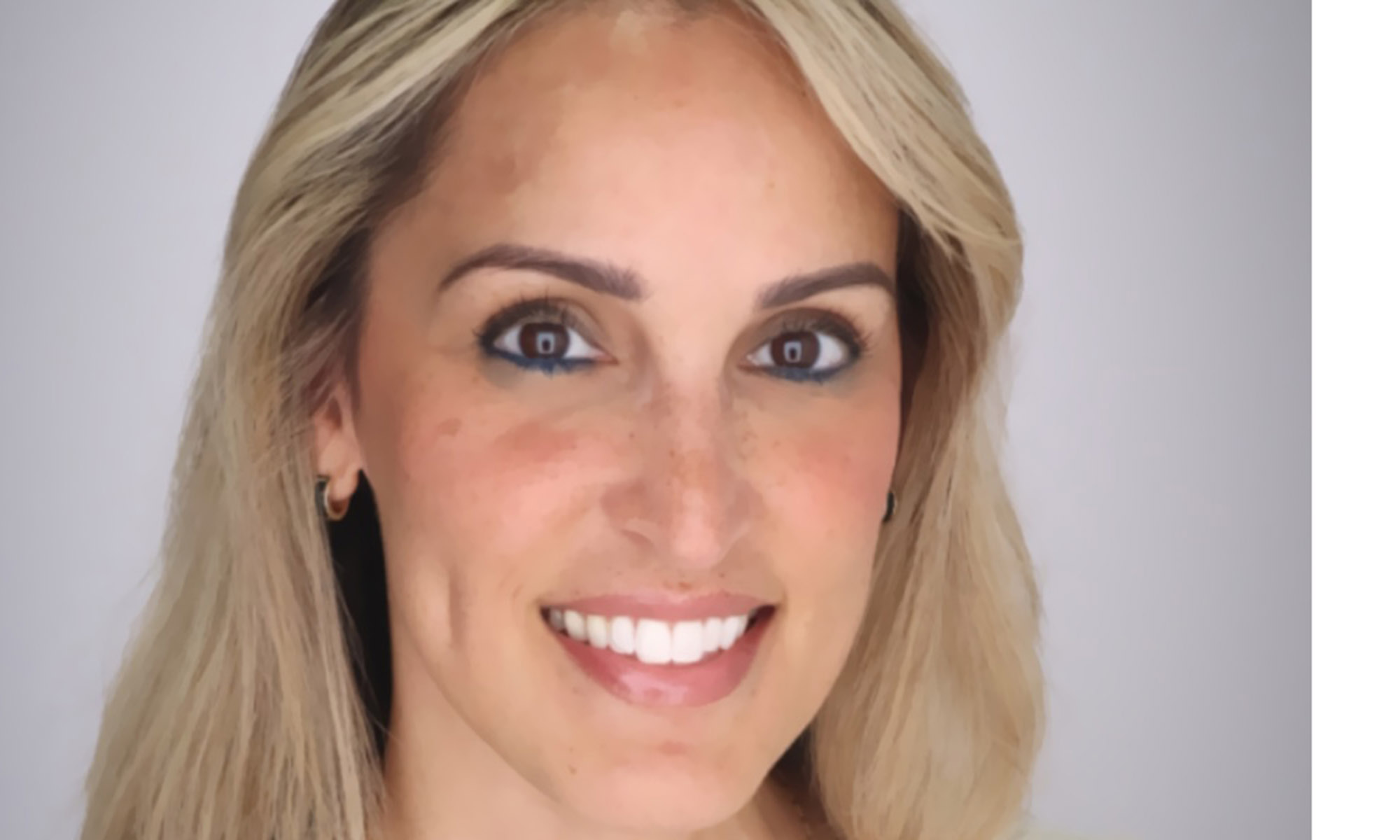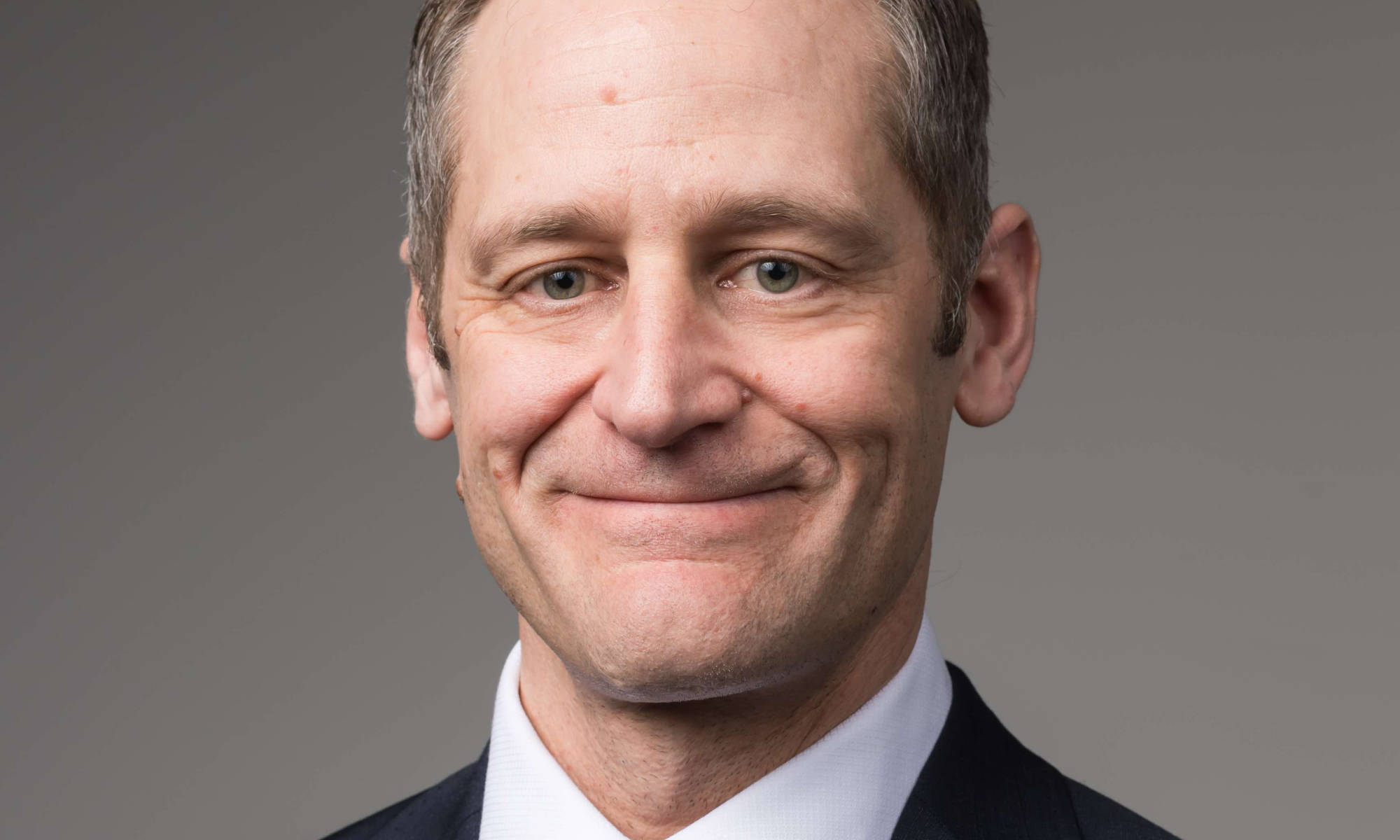Beth Olivares has begun an expanded role as dean for diversity in Arts, Sciences & Engineering, one she hopes will “give a voice to people in the University community who don’t feel their voices are heard.”
Olivares will retain her title, but in this increased capacity, which took effect January 1, she reports directly to Richard Waugh, interim dean of the Arts, Sciences & Engineering faculty. The move elevates the recognition and consideration of the importance of diversity issues within the Deans’ Office.
“It makes the wide variety of issues around diversity part of every discussion,” Olivares says.
Waugh said he has been working on the plan since last fall.
“We’ve become more focused on the importance of diversifying our faculty, student body, and staff,” he says. “Beth will be focusing on issues around climate and mechanisms for improving diversity in all the different roles of the University.”
Olivares remains executive director of the David T. Kearns Center, a position she has held since it opened in 2002, and in that capacity she still will report to Jeffrey Runner, dean of the College.
“Beth has demonstrated her effectiveness in galvanizing cooperation among students and across offices to improve the inclusiveness on our campus,” Runner says. “She has already been playing a central role in working to improve the campus climate for students; she has been a leader in our school’s efforts to diversify our faculty. This new, expanded role will allow her to bring together stakeholders across the school—faculty, staff and students—to develop and promote plans to improve the climate for all of our members.”
Olivares joined the University in 1994 as a secretary in the Strong Memorial Hospital housekeeping department while working toward her doctoral degree at Fordham University. Her duties included processing payroll and scheduling shifts for 180 employees. Two years later, she was named coordinator (and later director) of the Ronald E. McNair Post-Baccalauerate Achievement Program, and in 2002 was named to head the Kearns Center.
Olivares and her staff have greatly expanded the Kearns Center and developed educational pipeline programs for students from middle school through the doctoral degree. The center has received more than $16 million in external support for its various programs, which include Upward Bound and the Xerox Research Engineering Fellows Program.
“I’m very enthusiastic about this expansion of my role, and eager to make the institution better,” Olivares says. “I can now broaden out and think about students, faculty and staff in a larger perspective.”
A first-generation college graduate from the Washington Heights neighborhood of Manhattan, Olivares earned bachelor’s, master’s, and doctoral degrees in American literature from Fordham.
She was honored by President Obama in 2015 with a Presidential Award for Excellence in Science, Mathematics, and Engineering Mentoring. The award recognizes the pivotal role that mentoring plays in the academic and personal development of students studying science and engineering.
“Her credentials are impeccable,” Waugh says. “Not only does she have knowledge of practical aspects, but she’s a scholar in this area.”





